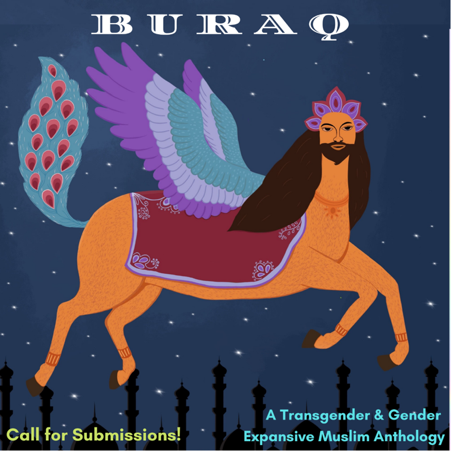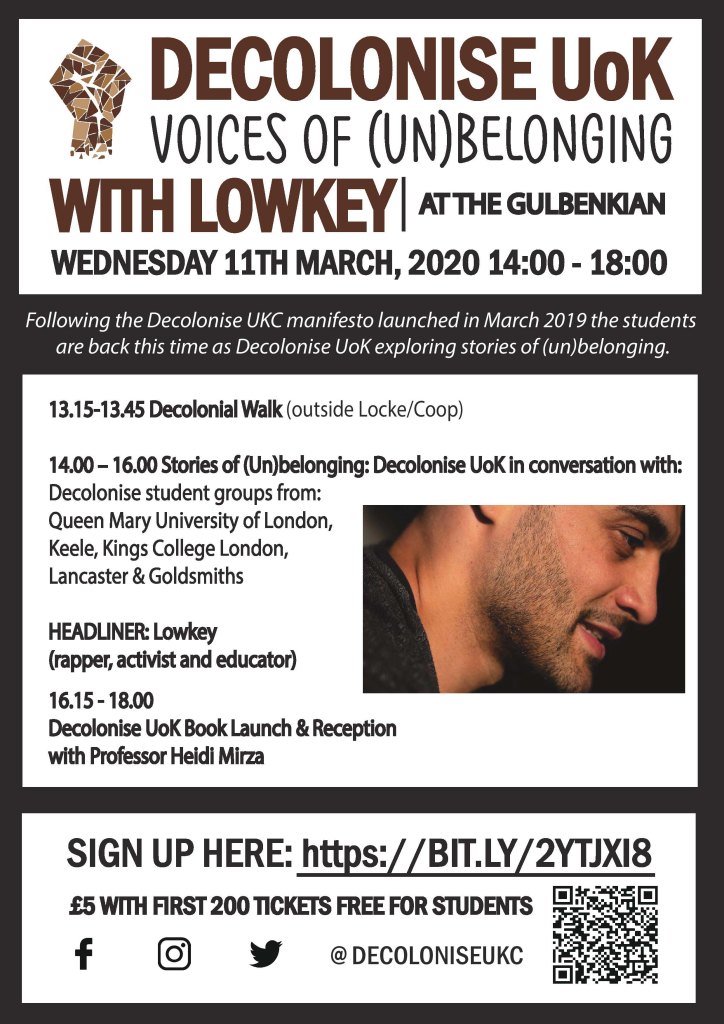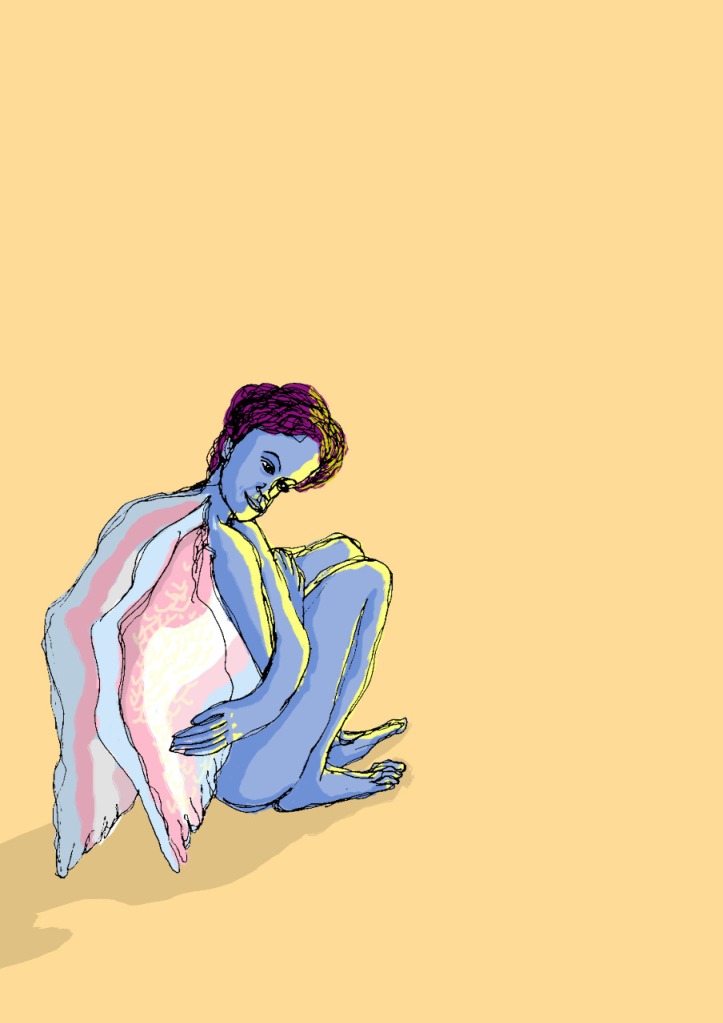The government is hijacking LGBT+ sex education to bolster its counterterrorism strategy – it must stop now
Letter in The Independent, 5 Sep 2019 – Signed by the DSN
As LGBT+ individuals, and organisations that support LGBT+ communities, we are concerned by the way that Muslim communities have been framed by both government and media in relation to the teaching of LGBT+-inclusive Relationships and Sex Education (RSE) in primary schools.
We support the inclusion of LGBT+ identities within RSE at both primary- and secondary-school level. However, we reject the ways in which LGBT+ issues are being deployed in the government’s discourse about the requirement to teach “Fundamental British Values” as part of their “Prevent” counter-extremism and counterterrorism strategies.
The government’s claim that teaching LGBT+-inclusive RSE constitutes the promotion of “Fundamental British Values” is highly hypocritical. Let us not forget that it was Britain that implemented anti-sodomy laws across its empire, and it is Britain that continues to deport LGBT+ people seeking asylum from those very laws. It is worth remembering that the 21 MPs who voted against the new LGBT+-inclusive guidance on compulsory RSE earlier this year were predominantly white British men from the Conservative Party and the DUP. Our (unelected) prime minister Boris Johnson has a history of making homophobic remarks, including attacking Labour for encouraging the teaching of homosexuality in schools and describing gay men as “bumboys”.
The “No Outsiders” LGBT+ inclusion programme, as a brand adopted by teacher Andrew Moffat, has become highly problematic in its association with the government’s counter-extremism strategy. It was described in a PowerPoint presented by headteacher Hazel Pulley as part of the school’s strategy to “reduce radicalisation”.
The way that “No Outsiders” has been implemented and the wider embrace of LGBT+-inclusive RSE as the poster-child for the implementation of “Fundamental British Values” suggests a colonial “civilising” attitude towards Muslim communities, and contributes to a harmful and inaccurate stereotype of an uncivilised and intolerant Muslim culture.
Prevent is widely acknowledged to place excessive scrutiny and surveillance on Muslim children. The strategy has been widely denounced by human and civil rights organisations, with Rights Watch referring to it as “the systematic breach of children’s human rights in the school setting”.
Homophobia exists in Muslim communities – as it does in every community. Yet the spotlight on Muslim communities and the moral panic that has ensued demonstrates that Muslims are an easy target for accusations of homophobia which can be used to demonise entire communities. Mainstream media coverage of the events in Birmingham has encouraged the spectacle of the protests, inaccurately singled out one specific community as universally homophobic, and excluded more critical LGBT+ voices. As LGBT+ people, we condemn the cynical use of our identities as a form of dog-whistle racism, which is being mobilised to justify harmful policies of state surveillance and the criminalisation of Muslim communities.
More than ever, young people of all faiths and none need safe spaces to discuss and learn about consent, healthy relationships, gender, sexuality and identity. As LGBT+ people, we must resist efforts to coopt these urgent issues. We must connect our struggles against homophobia, biphobia and transphobia to the fight against racism.
Our demands:
- The Department for Education (DfE) must offer clear guidance for the delivery of LGBT+ inclusive education in schools serving all our communities, produced in dialogue with LGBT+ groups, and including LGBT+ faith organisations.
- DfE guidance must stress that schools should teach LGBT+-inclusive RSE as part of the usual RSE curriculum and not as specific to the promotion of “Fundamental British Values.”
- There cannot be honest and trusting relationships between schools and communities while the Prevent policy is in place – we recommend that Prevent is abolished immediately.
Inclusive Mosque Initiative
Maslaha
Purple Rain Collective
Pride of Arabia
Femmes of Colour
Level Up
Madaniya Sudan Diaspora Global
Devil’s Dyke Network
East End Sisters Uncut
Dr Sita Balani, King’s College London
Professor Judith Butler, University of California Berkeley
Desiree Akhavan (director, producer, screenwriter, actress)
Nazmia Jamal (teacher)
Frankie Muggleton (teacher)
Neil Hart (teacher)
Malak Obaidi (teacher)
Kiren Mirza (teacher)
Jay Bernard (writer)
Dr Humaira Saeed
Dr Nadine El-Enany, Birkbeck, University of London
Dr Sarah Keenan, Birkbeck, University of London
Dr Rahul Rao, SOAS University of London
Dr Suhraiya Jivraj, Director of the Centre for Sexuality, Race & Gender Justice, Kent Law School, University of Kent
Dr Jen Slater, Sheffield Hallam University
Professor Donatella Alessandrini, SeRGJ, Kent Law School
Dr Sinead Ring, SerGJ, Maynooth University Department of Law
Somak Biswas, University of Warwick
Sara Bamdad, University of Warwick
Ajamu X (artist)
Tobi Adebajo (artist)
Dr Dzifa Afonu (clinical psychologist)
Dr Navtej Purewal, SOAS University of London
Dr Deborah Grayson
Dr Caoimhe Mader McGuiness, Kingston University
Dr Alyosxa Tudor, School of African and Oriental Studies,
Sarah Golightley, University of Edinburgh
Dr Nat Raha
Dr Sam Solomon, University of Sussex
Katharine Terrell, Sheffield Hallam University
Dr Tanya Serisier, Birkbeck College, University of London
Dr Başak Ertür, Birkbeck, University of London
Dr Eddie Bruce-Jones, Birkbeck, University of London
Dr Gail Lewis
Decolonizing Sexualities Network
Anisa De Jong, University of Kent
Dr Sandeep Bakhshi, University of Paris Diderot
Dr Silvia Posocco, Birkbeck, University of London
Zinzi Minott (dancer/artist)
Lola Olufemi (writer/activist)
Sara Sassanelli, Institute of Contemporary Arts
Ifeanyi Awachie, Institute of Contemporary Arts
Len Lukowski (writer)
Emily Nunn (librarian)
Dr Ros Murray, King’s College London
Ochi Reyes, Westminster University, Adult Learning Lewisham and Brampton College
Dr Kyoung Kim, Feminist Review Journal
Dr Daniel Luther, SOAS University of London
Syma Tariq, CRiSAP, University of the Arts London
Irene Revell, CRiSAP, University of the Arts London
Ceylan Begüm Yıldız, Birkbeck, University of London
Timothy Smith, CRiSAP, University of the Arts London
Dr Terese Jonsson
Lani Parker, Sideways Times
Dr Vanja Hamzić, SOAS University of London
Zia Álmos Joshua
Mumbi Nkonde (community activist)
Sanah Ahsan (Trainee Clinical Psychologist, Poet, journalist)
Aisha Mirza (writer/ DJ)
Sabah Choudrey (youth worker/writer)
Sharan Dhaliwal (editor Burnt Roti)
Molly Ackhurst (community organiser/activist)
Imani Robinson (artist/curator)
Dr Serkan Delice, London College of Fashion
Original: https://www.independent.co.uk/voices/letters/lgbt-no-outsiders-rse-birmingham-muslim-prevent-values-a9092781.html



